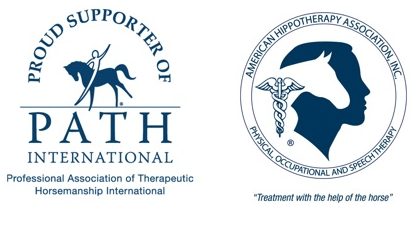There are a lot of things we do each day that we often take for granted, whether it be brushing our teeth, going for a walk, or speaking our minds. However, children with down syndrome don’t have such a luxury. For them, even some of the simplest tasks can be grueling work that takes a lot of dedication and focus. Still, each child wants to learn to be independent, and it’s through specialized therapies that we can assist them in becoming just that. These are some of the different therapies that help children with down syndrome.
Speech-Language Therapy
Communicating can be one of the most difficult things to do for a child with down syndrome. As such, this type of therapy is essential for developing their ability to express themselves and their needs. In these sessions, professionals work with your child to hone their articulation and cognitive skills while practicing exercises that strengthen the oral muscles. Over time, not only can this help them speak more clearly, but it can also teach them how to properly express themselves.
Occupational Therapy
Occupational therapy is also incredibly helpful for children with down syndrome. These exercises deal with everyday situations and help teach your child how to adjust them to meet their particular needs. These therapists will assist in instilling self-care skills such as eating, dressing, writing, and typing. They may even supply your child with additional tools, like specially design pencils, that make these tasks easier for them.
Emotional and Behavioral Therapies
Another type of therapy that helps children with down syndrome in their daily lives is emotional and behavioral work. Struggling with daily tasks can be a frustrating experience for anyone, and it’s vital that your child understands how to regulate those emotions. Emotional and behavioral therapy specializes in teaching individuals how to properly process negative and positive feelings so that they don’t lash out or partake in destructive behavior. Learn more here about how to help your child with Down Syndrome cope with anxiety.
Physical Therapies
Even different types of physical therapy can be useful to a child with down syndrome. These practices specialize in the development of motor skills so that an individual can perform daily tasks. They also help build muscle strength, establish balance, and promote good physical posture. Since a common characteristic of down syndrome is a reduced muscle tone, these therapies are vital to setting them up for future independence.
If you’re looking for a form of therapy that helps build your child’s confidence along with their physical capabilities, we at Chariot Innovations have the solution. Using MiraColt technology to mimic the gait of a horse, we offer specialized equine-assisted treatment for those with down syndrome. Hippotherapy and down syndrome make a great match in that these sessions provide ample benefits for your child’s mentality, physicality, and social skills. Contact us today to learn more about this type of therapy and the positive impact it can have on your child.
